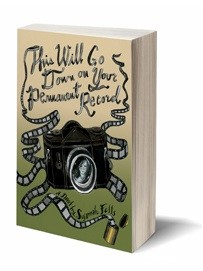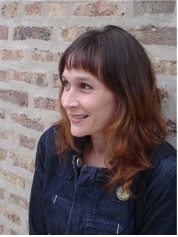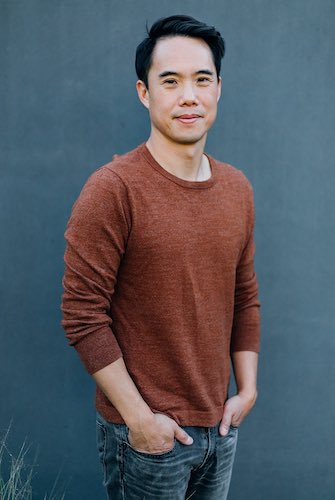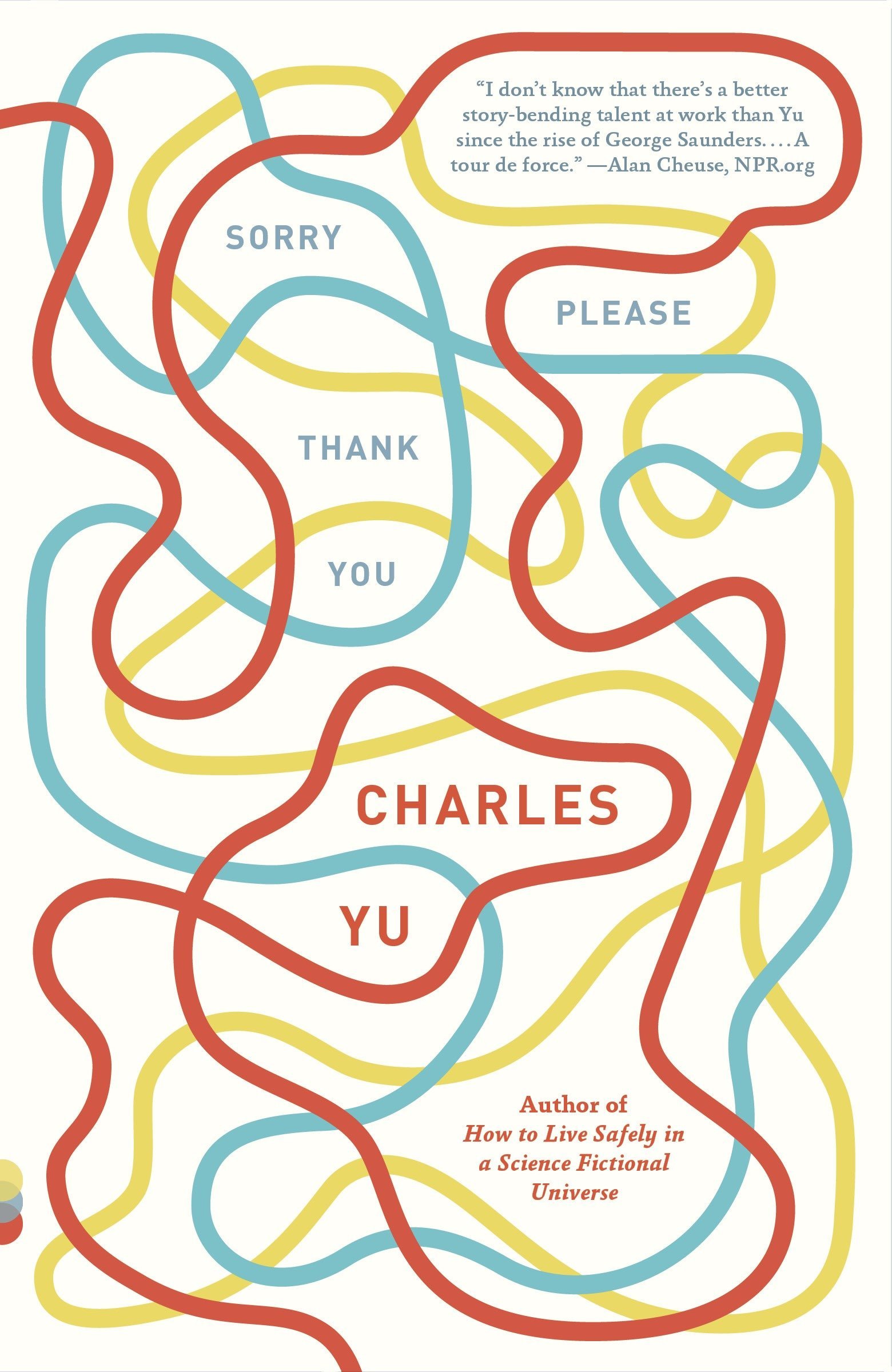 Call it the uneasy legacy of James Frey: readers see autobiography everywhere.
Call it the uneasy legacy of James Frey: readers see autobiography everywhere.
Sometimes it’s not much of a stretch to find those connections. The old “write what you know” adage can be applied heavy-handedly and to ill effect, and it’s easy to assume that writers are always just describing some version of themselves.
That assumption irritates Susannah Felts, especially when it comes from reviewers. The voices in Felts’ debut novel, This Will Go Down on Your Permanent Record, come through with a clear sense of pitch that makes it easy to draw a straight line from Felts’ fiction to her reality.
She’s quick to point out that those voices aren’t her own, but she does admit that her first-person protagonist, Vaughn — a little bit bookish, a little bit searching, a little bit boundary-testing –resembles her more closely than her other characters.
“I’m more like Vaughn, [but] I don’t feel like I am Vaughn,” she said in a recent phone interview. “Just because there’s a first-person narrator doesn’t mean you are that person.”

Felts gets the question about her line between fiction and autobiography on a fairly regular basis, and she suggested that it speaks to a real need in readers to make that distinction.
“We have this fascination with memoir,” she said. “We want to connect representations of reality to reality itself. There’s an insatiable need for that…. I’m guilty of it too. I’ll read a book and associate, and think, ‘I wonder. Hmm.'”
Sorting out representations of reality from reality itself shows up in Vaughn’s life as well. She’s a nascent photographer whose most successful subject is her new neighbor, Sophie, a mouthy and intriguing girl running wild in the two teenagers’ suburban enclave. She’s smoking cigarettes, hooking up with boys, ingratiating herself with Vaughn’s parents and eventually living in her house.
After an argument between the two girls, Sophie is printing pictures of Vaughn in a darkroom at school. Felts writes:
The pictures I was printing were all that was left — a constant reminder of what I’d lost. And it was impossible not to think back to every time I’d been tired of Sophie being around, or secretly wished I could escape her for a while. Now that she was gone, I couldn’t stop keeping her around.
Vaughn’s picture-taking (and the way that Sophie basks in the attention) tightens the thread of sexual tension between the two girls; Felts doesn’t explicitly explore this angle, but the undercurrents — “something about her made me doubt everything a bit, which could be both good and infuriating” — run throughout the novel.
The press of emotions is heightened by the atmosphere in muggy Nashville, where Felts spent her own childhood. And Dragon Park, the characters’ summer haunt, is based on a real Nashville park of the same nickname that boasts a mosaic sculpture of a dragon. But again, Felts cautioned, don’t read too much autobiography into it: As a teenager, she wouldn’t have spent time there with Sophie and Vaughn.
“The funny thing is, even though I knew people were hanging out there, I definitely wasn’t hanging out there,” Felts laughs. “I was sort of good. Once I got older, I realized we were pretty sheltered, but I followed the rules as a kid.”
Now, the author lives Birmingham, Alabama, and the story of how her book was published doesn’t follow the typical “young writer in New York City finds an agent and signs a contract” narrative.
Felts started writing young. She majored in creative writing as an undergraduate, and then went back to get her MFA in 1998. (Sophie and Vaughn were created at some point during her graduate work, in slightly different forms at the center of a 30-page short story.)
After her MFA, Felts taught writing at the School of the Art Institute of Chicago for six years. During that time, she finished This Will Go Down on Your Permanent Record and found an agent who, she said, “thought he would make an easy sell” to a editor at a major publishing house that had already expressed interest.
It didn’t pan out, and Felts thought her manuscript might never be published — until she found a match with Featherproof, an independent Chicago publisher run by Zach Dodson and Jonathan Messinger.
Felts had already met Messinger through her husband, Todd Dills, who has also been published by Featherproof. When Messinger heard Felts’ manuscript was on the market, she said, the venture was “very new, and he said, ‘Would you let us take a look?’
“It was very casual. We didn’t have a formal relationship,” Felts noted. “I always tell people that it sounds cheesy, but networking and surrounding yourself with like-minded people — other writers, people who hang out with writers — is the best thing you can do.”
At the time of the interview, Felts had just turned 35 and was about to deliver her first child.
“I wish I were 25 with my first book…. You hear so many of those debut novelists, and they’re 23! And you’re like, oh, shut up,” she said, half-joking. “But maybe I’ll inspire other people in their mid-30s who are still plugging away.”
—
Read more about Susannah Felts and This Will Go Down on Your Permanent Record at her website.





